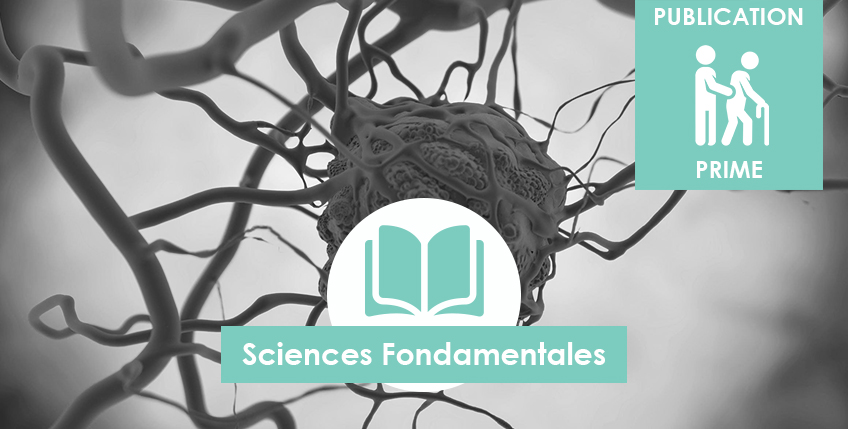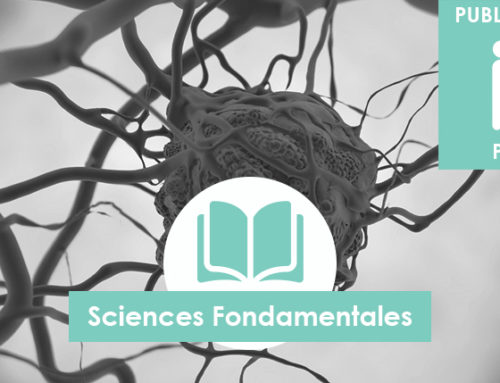Lung tumor growth promotion by tobacco-specific nitrosamines involves the β2-adrenergic receptors-dependent stimulation of mitochondrial REDOX signaling
Antioxydant & redox signaling, Oct 2021
Saharnaz Sarlak, Claude Lalou, Ana Carolina Bastos Sant’Anna-Silva, Walid Mahfouf, Monica De Luise, Benoît Rousseau, Julien Izotte, Stephane Claverol, Didier Lacombe, Efterpi Nikitopoulou , Ming Yang, Marcus Oliveira, Christian Frezza, Guiseppe Gasparre, Hamid Reza Rezvani, Nivea Dias Amoedo, Rodrigue Rossignol
https://pubmed.ncbi.nlm.nih.gov/34715750/
doi: 10.1089/ars.2020.8259
Abstract
Aims: Lung cancer is the leading cause of cancer death worldwide, and tobacco smoking is a recognized major risk factor for lung tumor development. We analyzed the effect of tobacco-specific nitrosamines (TSNAs) on human lung adenocarcinoma metabolic reprogramming, an emergent hallmark of carcinogenesis.
Results: A series of in vitro and in vivo bioenergetic, proteomic, metabolomic and tumor biology studies were performed to analyze changes in lung cancer cell metabolism and the consequences for hallmarks of cancer, including tumor growth, cancer cell invasion and redox signaling. The findings revealed that nitrosamine ketone (NNK) stimulates mitochondrial function and promotes lung tumor growth in vivo. These malignant properties were acquired from the induction of mitochondrial biogenesis induced by the upregulation and activation of the beta-adrenergic receptor (β2-AR)-nicotinic acetylcholine receptor subunit alpha-7 (CHRNAα7)-dependent nitrosamine canonical signaling pathway. The observed NNK metabolic effects were mediated by TFAM overexpression and revealed a key role for mitochondrial reactive oxygen species (mtROS) and Annexin A1 in tumor growth promotion. Conversely, ectopic expression of the mitochondrial antioxidant enzyme manganese superoxide dismutase (MnSOD) rescued the reprogramming and malignant metabolic effects of exposure to NNK and overexpression of TFAM, underlining the link between NNK and mitochondrial redox signaling in lung cancer.
Innovation: Our findings describe the metabolic changes caused by NNK in a mechanistic framework for understanding how cigarette smoking causes lung cancer.
Conclusion: Mitochondria play a role in the promotion of lung cancer induced by tobacco-specific nitrosamines.




